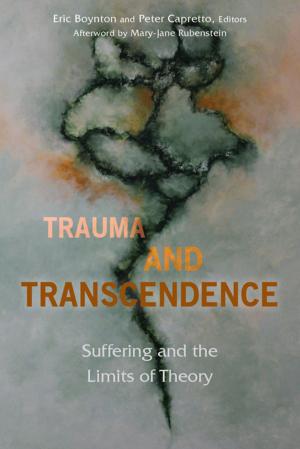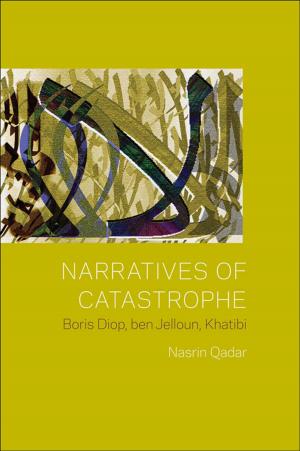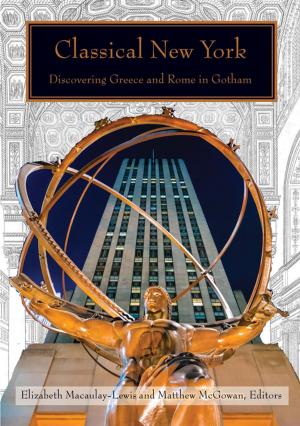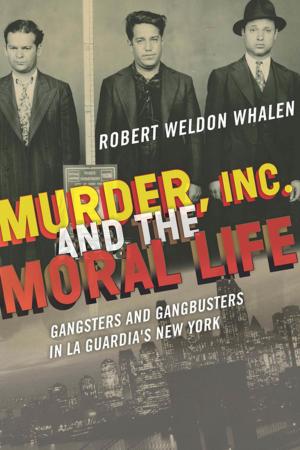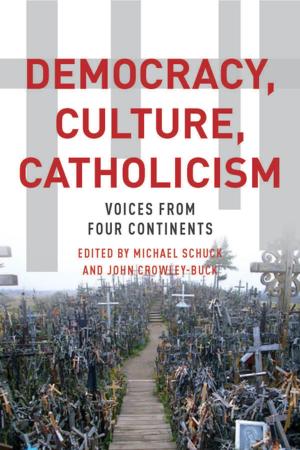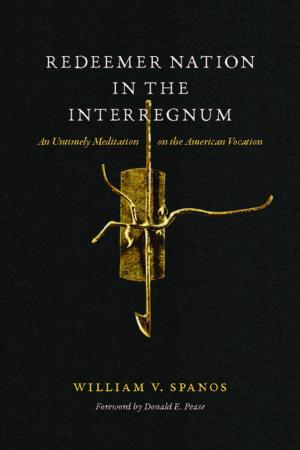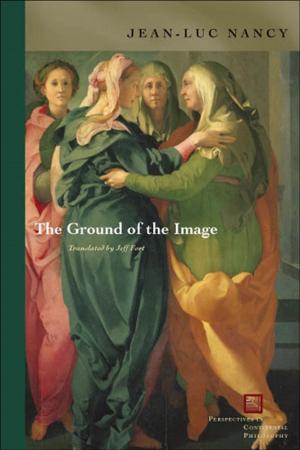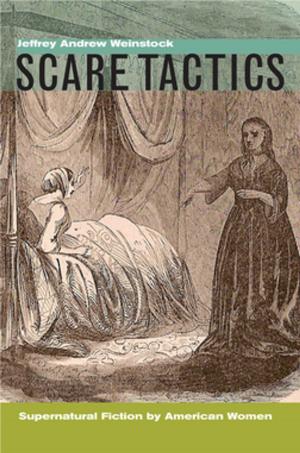Lyric Apocalypse
Milton, Marvell, and the Nature of Events
Fiction & Literature, Literary Theory & Criticism, Poetry History & Criticism, British| Author: | Ryan Netzley | ISBN: | 9780823263486 |
| Publisher: | Fordham University Press | Publication: | January 22, 2015 |
| Imprint: | Fordham University Press | Language: | English |
| Author: | Ryan Netzley |
| ISBN: | 9780823263486 |
| Publisher: | Fordham University Press |
| Publication: | January 22, 2015 |
| Imprint: | Fordham University Press |
| Language: | English |
What’s new about the apocalypse? Revelation does not allow us to look back after the end and enumerate pivotal turning points. It happens in an immediate encounter with the transformatively new.
John Milton’s and Andrew Marvell’s lyrics attempt to render the experience of such an apocalyptic change in the present. In this respect they take seriously the Reformation’s insistence that eschatology is a historical phenomenon. Yet these poets are also reacting to the Regicide, and, as a result, their works explore very modern questions about the nature of events, what it means for a significant historical occasion to happen.
Lyric Apocalypse argues that Milton’s and Marvell’s lyrics challenge any retrospective understanding of events, including one built on a theory of revolution. Instead, these poems show that there is no “after” to the apocalypse, that if we are going to talk about change, we should do so in the present, when there is still time to do something about it. For both of these poets, lyric becomes a way to imagine an apocalyptic event that would be both hopeful and new.
What’s new about the apocalypse? Revelation does not allow us to look back after the end and enumerate pivotal turning points. It happens in an immediate encounter with the transformatively new.
John Milton’s and Andrew Marvell’s lyrics attempt to render the experience of such an apocalyptic change in the present. In this respect they take seriously the Reformation’s insistence that eschatology is a historical phenomenon. Yet these poets are also reacting to the Regicide, and, as a result, their works explore very modern questions about the nature of events, what it means for a significant historical occasion to happen.
Lyric Apocalypse argues that Milton’s and Marvell’s lyrics challenge any retrospective understanding of events, including one built on a theory of revolution. Instead, these poems show that there is no “after” to the apocalypse, that if we are going to talk about change, we should do so in the present, when there is still time to do something about it. For both of these poets, lyric becomes a way to imagine an apocalyptic event that would be both hopeful and new.


